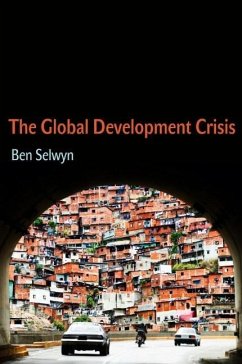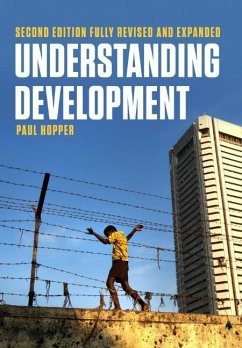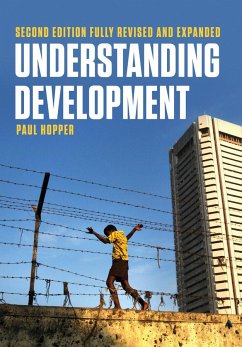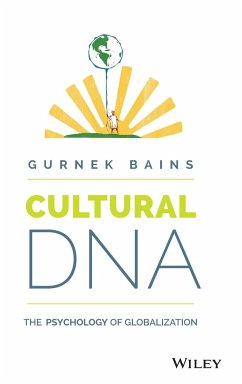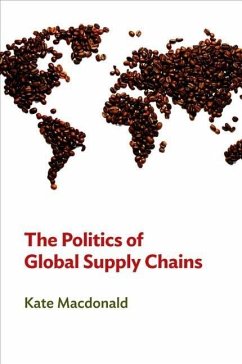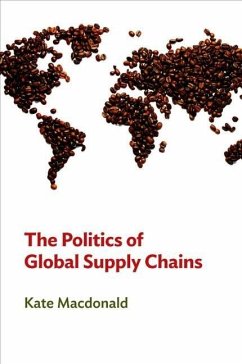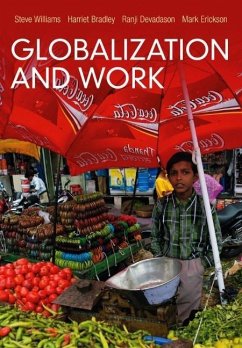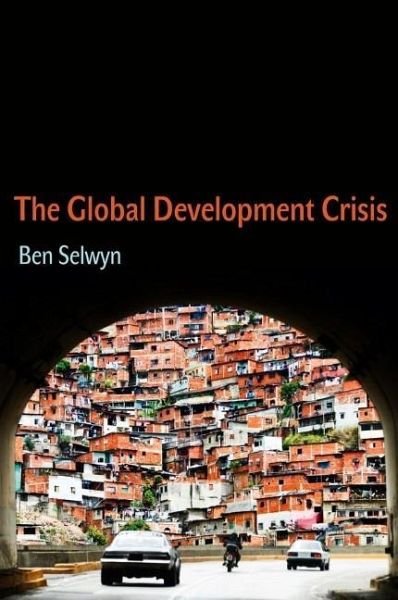
The Global Development Crisis
Versandkostenfrei!
Versandfertig in über 4 Wochen
69,99 €
inkl. MwSt.
Weitere Ausgaben:

PAYBACK Punkte
35 °P sammeln!
This book challenges the assumption that a 'free'global market will afford the same opportunities to both rich andpoor states
Drawing on a number of nineteenth- and twentieth-centurythinkers, Selwyn argues instead that class relations are thecentral cause of poverty and inequality, within and betweencountries.
Drawing on a number of nineteenth- and twentieth-centurythinkers, Selwyn argues instead that class relations are thecentral cause of poverty and inequality, within and betweencountries.
The central paradox of the contemporary world is the simultaneouspresence of wealth on an unprecedented scale, and mass poverty.Liberal theory explains the relationship between capitalism andpoverty as one based around the dichotomy of inclusion (intocapitalism) vs exclusion (from capitalism). Within this discourse,the global capitalist system is portrayed as a sphere of economicdynamism and as a source of developmental opportunities for lessdeveloped countries and their populations. Development policyshould, therefore, seek to integrate the poor into the globalcapitalist system.
The Global Development Crisis challenges this way ofthinking. Through an interrogation of some of the most importantpolitical economists of the last two centuries Friedrich List, KarlMarx, Leon Trotsky, Joseph Schumpeter, Alexander Gerschenkron, KarlPolanyi and Amarta Sen, Selwyn argues that class relations are thecentral cause of poverty and inequality, within and betweencountries. In contrast to much development thinking, which portrays'the poor' as reliant upon benign assistance, this bookadvocates the concept of labour-centred development. Here'the poor' are the global labouring classes, and theirown collective actions and struggles constitute the basis of analternative form of non-elitist, bottom-up human development.
The Global Development Crisis challenges this way ofthinking. Through an interrogation of some of the most importantpolitical economists of the last two centuries Friedrich List, KarlMarx, Leon Trotsky, Joseph Schumpeter, Alexander Gerschenkron, KarlPolanyi and Amarta Sen, Selwyn argues that class relations are thecentral cause of poverty and inequality, within and betweencountries. In contrast to much development thinking, which portrays'the poor' as reliant upon benign assistance, this bookadvocates the concept of labour-centred development. Here'the poor' are the global labouring classes, and theirown collective actions and struggles constitute the basis of analternative form of non-elitist, bottom-up human development.



